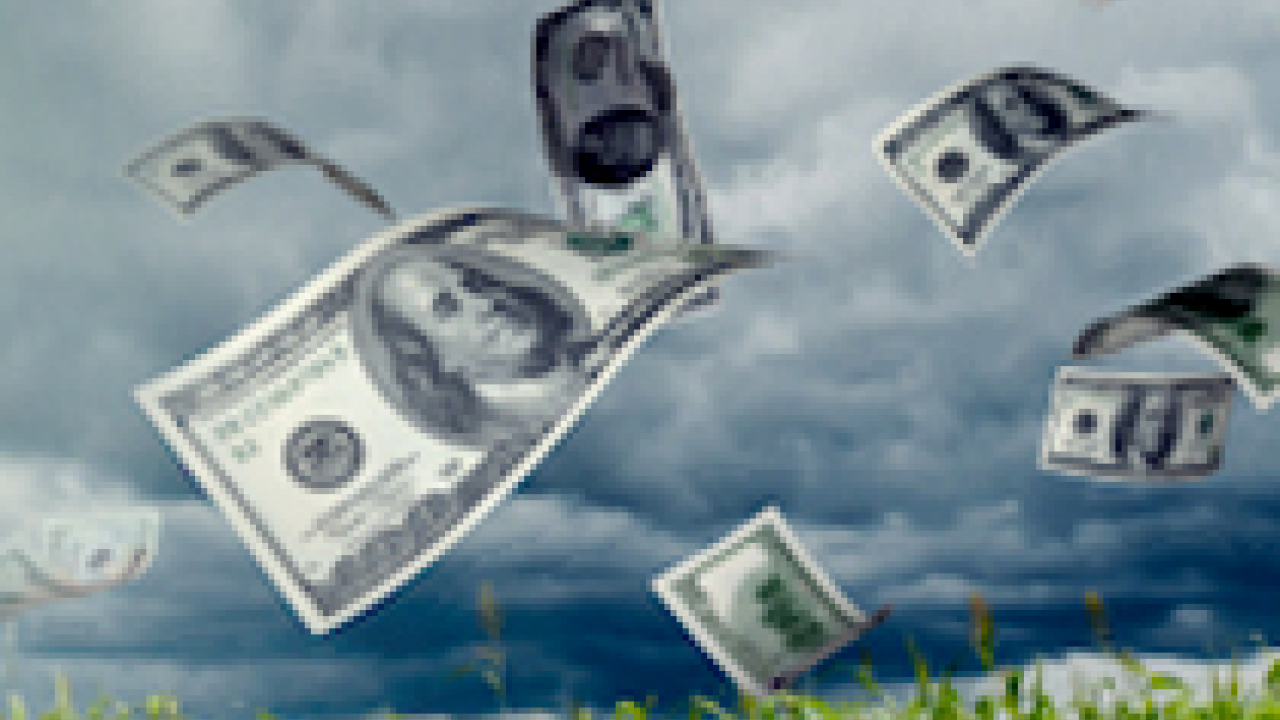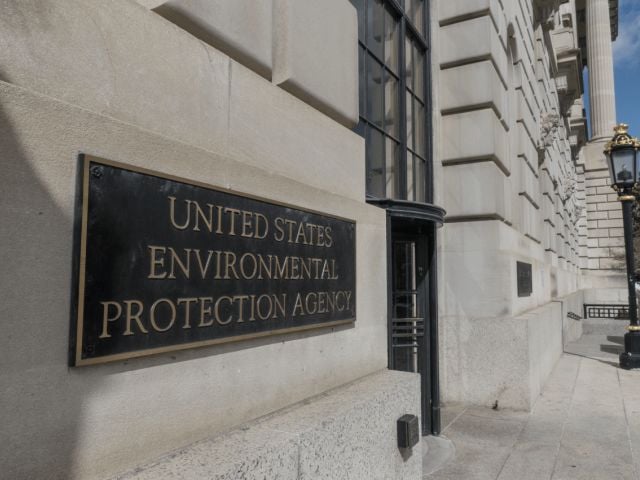
It’s a downright thankless task to argue on behalf of billionaires who received farm subsidies, but, by golly, someone’s got to do it.
Hats off to the hired guns at Farm Policy Facts – a PR front funded by entrenched agricultural lobbies – for trying.
EWG’s latest analysis of billionaires who reaped federal farm dollars seems to have hit a nerve with folks who – unsurprisingly – benefit from these same government handouts.
Big agriculture leaders who back Farm Policy Facts get millions in subsidies.
|
Name |
Position |
Commodity & Disaster Subsidies |
|
Rickey Bearden |
President, |
Tra-jo Farms Inc. received $2,670,469 in cotton, peanut, sorghum, wheat and soybean subsidies from 1995 to 2012. $2,221,907 in cotton, peanut, sorghum, wheat, soybean and corn subsidies from 1995 to 2012. T-bear Farms Inc. received $452,479 in cotton, peanut and sorghum subsidies between 2007 and 2012. |
|
Bing Von Bergen |
President, |
$520,160 in wheat, barley and oat subsidies from 1995 to 2012. |
|
G.W. Winburne |
Vice President, |
Las Pilas Ranches A Ptns received $1,429,896 in cotton, wheat, barley, corn and sorghum subsidies from 1996 to 2003. |
|
Tim Waibel |
Board Member, |
$584,206 in corn, soybean, wheat, oat, livestock and wool subsidies from 1995 to 2012. |
|
Allen McLaurin |
Board Member, |
Raemon Farms Inc. received $2,342,601 in cotton and soybean subsidies from 1995 to 2012. Gold Hill Farms Inc. received $2,220,848 in cotton, corn, soybean and sorghum subsidies from 1995 to 2012. McLaurin Farms LLC received $63,212 in commodity subsidies from 2009 to 2012. |
|
David C. Camp |
Board Member, |
Cood-penne-smith Farms received $4,389,012 in rice, soybean, cotton, wheat, corn, sunflower and sorghum subsidies from 1995 to 2012. |
|
Mark Linnebur |
Board Member, |
Progressive Farms received $3,136,610 in wheat, sunflower, corn, barley and sorghum subsidies from 1995 to 2012. |
|
Chet Edinger |
Board Member, |
Edinger Brothers Partnership received $2,220,954 in corn, soybean, wheat, sunflower, sorghum, dry pea, barley, and oat subsidies from 1999 to 2012. Edinger Family LLC received $290,545 in corn, soybean, wheat, dry pea, sunflower, sorghum, and barley subsidies from 2003 to 2012. Edinger Brothers LLC received $134,347 in wheat, corn, soybean, sorghum, barley, sunflower, and oat subsidies from 1998 to 2000. $49,904 in wheat, corn, sorghum, soybean, barley, sunflower, and oat subsidies from 1995 to 2012. |
|
Sam Hancock |
Board Member, |
Hancock Farms Inc. received $1,157,981 in corn, wheat, soybean, barley, sorghum and tobacco subsidies from 1995 to 2011. H&H Farm Partnership received $356,380 in corn, wheat and soybean subsidies from 2003 to 2011. Kimbell & Hancock Farms received $250,398 in corn, wheat and soybean subsidies from 1996 to 2003. $99,230 in corn, soybean, wheat and barley subsidies from 1997 to 2011. Cds Farms received $17,927 in corn, wheat and soybean subsidies from 2002 to 2003. |
|
Nicole Berg |
Board Member, |
The Berg Partnership received $1,183,669 in wheat and barley subsidies from 1999-2012. Lenzie Ranch Inc. received $566,193 in wheat subsidies from 1995 to 2012. Berg Farms LLC received $59,613 in wheat subsidies from 1998-2012. $9,600 in wheat subsidies from 2000 to 2005. |
True, the size of the checks sent to people like Rickey Bearden, who supports Farm Policy Facts as President of the Southwest Council of Agribusiness, dwarfs those that went to Charles Schwab or Microsoft co-founder Paul Allen.
But if that’s the reason to oppose common sense limits on farm subsidies, good luck convincing the American taxpayer.
EWG’s critics can’t deny that billionaires had - for well over a decade - received millions in traditional farm subsidies. What they choose to ignore is that the very same billionaires are likely collecting millions more in crop insurance subsidies. But apparently that’s “irrelevant.”
Unlike traditional farm subsidies, crop insurance subsidies are not subject to means testing, payment limits, or disclosed to the public. That is why farm bill reformers asked the Government Accountability Office to conduct a review of crop insurance payments to find out which wealthy individuals are receiving support through the federal crop insurance program.
It seems at least three members of Congress don’t consider crop insurance subsidies flowing to billionaires “irrelevant.”
Because there are no limits on crop insurance subsidies, 26 policyholders received more than $1 million apiece in 2011 to help pay for their crop insurance premiums, and more than 10,000 policyholders received more than $100,000 apiece.
How many are millionaires and billionaires? No one knows. Seems relevant to us.
Although reforms included in the 2008 Farm Bill blocked billionaires from receiving traditional farm subsidies like direct payments, crop insurance subsidies were exempt from such reforms.
Now that direct payments are being eliminated – and partly shifted to supercharged crop insurance subsidies – the crop insurance subsidy loophole has gotten even bigger.
It’s no wonder the Congressional Budget Office recently recommended reducing crop insurance subsides to save taxpayers money.
Groups like Farm Policy Facts claim to be fighting for the family farmer. How does defending a system that gives some policyholders more than $1 million – and the bottom 80 percent of farmers $5,000 each – help the little guy?
Hypocrisy, thy name is the farm lobby!
And when they desperately attack “big city reporters” for exposing their nonsense, it’s just another sign of how out of touch they’ve become – both in farm country and in Washington.


